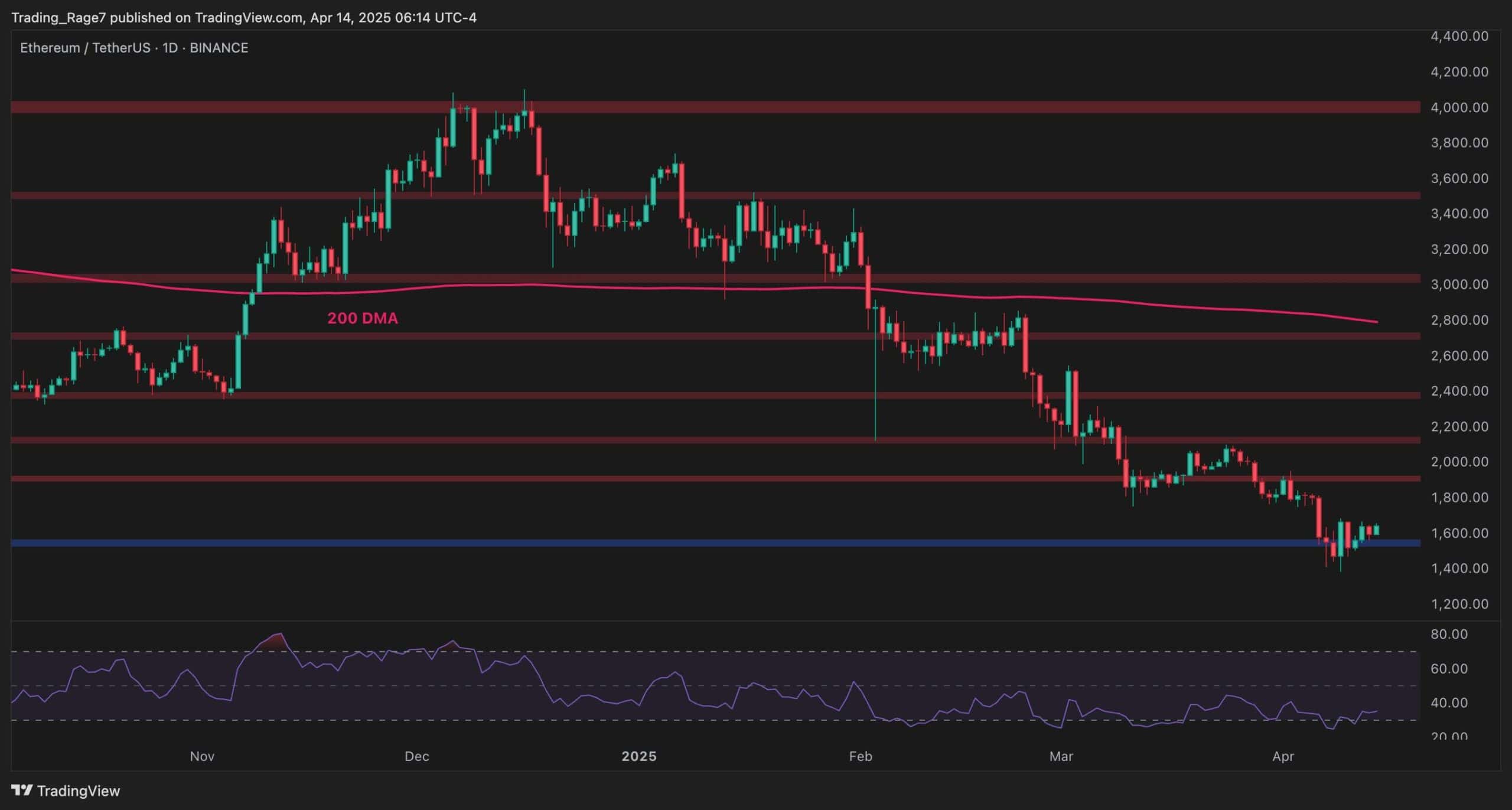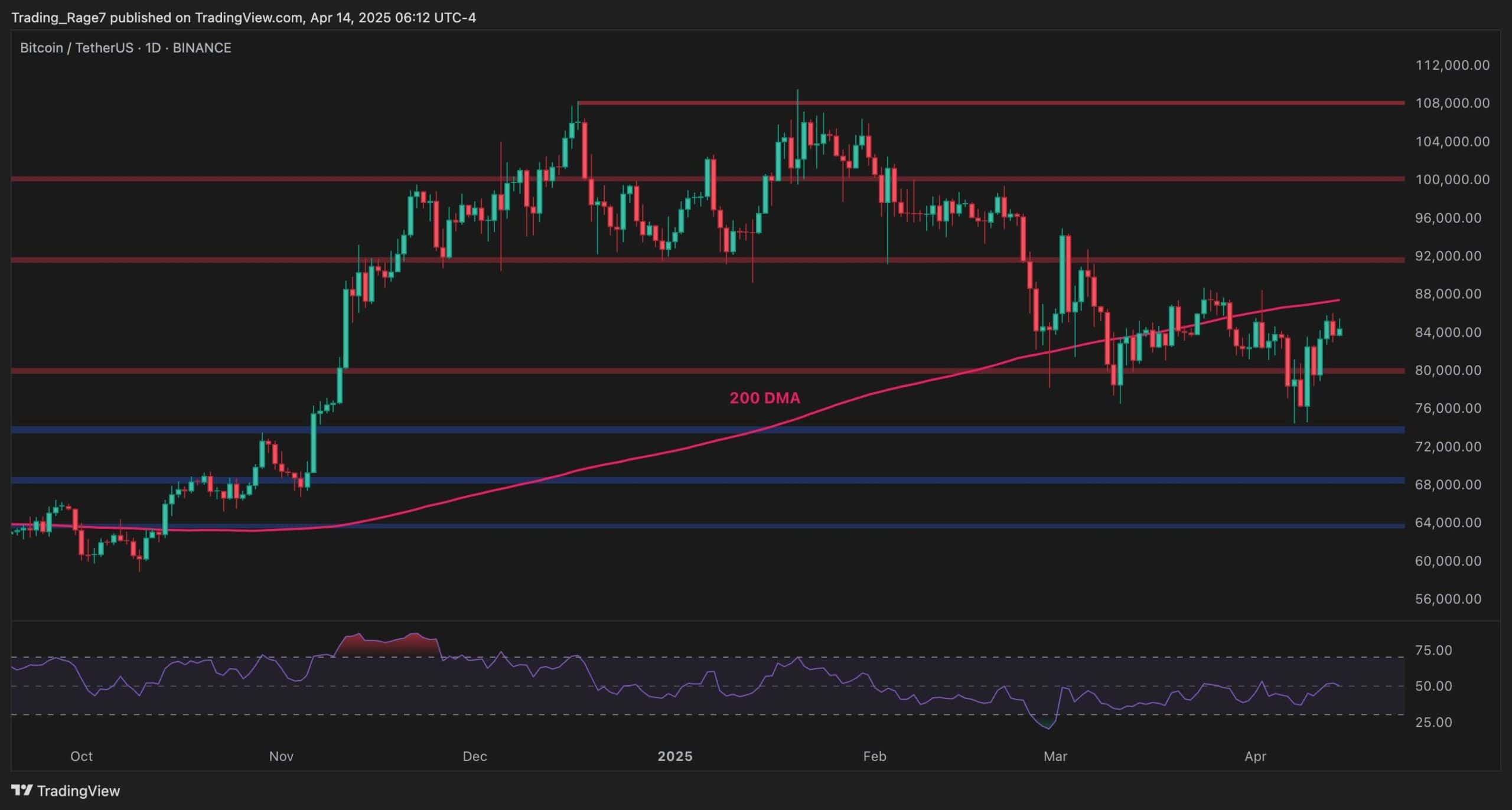The Art of Timing: Securing the Best Entry Point in Markets
In the dynamic world of financial markets, timing is everything. Securing the best entry point for an investment can be the making or breaking of a trader’s success. The entry point, or the price at which an investor buys an asset, significantly influences the potential return on investment (ROI).
Understanding the Impact of Timing
Timing plays a crucial role in the risk-reward ratio of an investment. A well-timed entry point can skew the ratio in favor of the trader, increasing potential profits while minimizing losses. Conversely, a poorly timed entry can result in significant losses or missed opportunities.
Factors Affecting Entry Point Timing
Several factors can influence the best entry point for an investment:
- Market Trends: Understanding the overall direction of the market can help investors identify potential entry points. Trends can be identified through various technical analysis tools and indicators.
- Fundamental Analysis: Analyzing the underlying financial health of a company or industry can provide insight into potential entry points. Positive fundamental news can lead to price increases, while negative news can lead to price decreases.
- Economic Indicators: Economic indicators, such as interest rates, inflation, and unemployment, can impact market trends and, consequently, entry points.
- News and Events: Unexpected news or events can significantly impact market prices and, therefore, entry points.
Impact on Individuals
For individual investors, securing the best entry point can mean the difference between a profitable investment and a loss. Proper research, analysis, and timing can lead to significant returns. Conversely, a poorly timed entry can result in missed opportunities or substantial losses.
Impact on the World
At a global scale, the importance of entry point timing extends beyond individual investors. Institutional investors, such as mutual funds and pension funds, rely on accurate market analysis and timing to manage their clients’ assets effectively. Well-timed investments can lead to increased economic growth and prosperity, while poorly timed investments can result in market instability and potential economic downturns.
Conclusion
In conclusion, securing the best entry point in markets is a critical aspect of successful investing. Timing significantly influences the risk-reward ratio and can lead to substantial profits or losses. By staying informed of market trends, fundamental analysis, economic indicators, and news and events, investors can increase their chances of making well-timed entries and achieving their financial goals.





